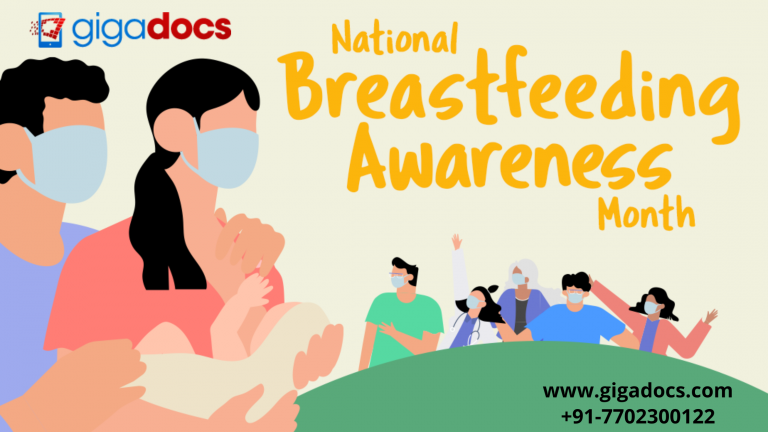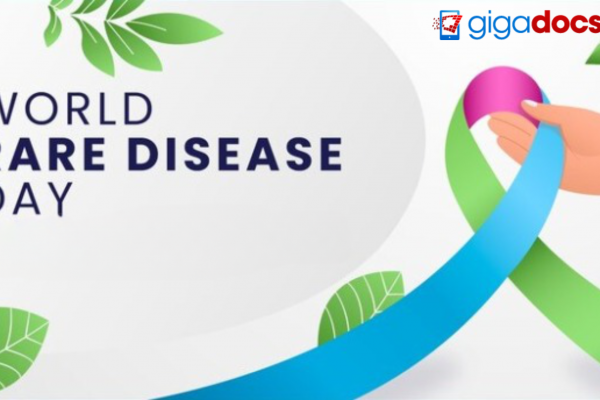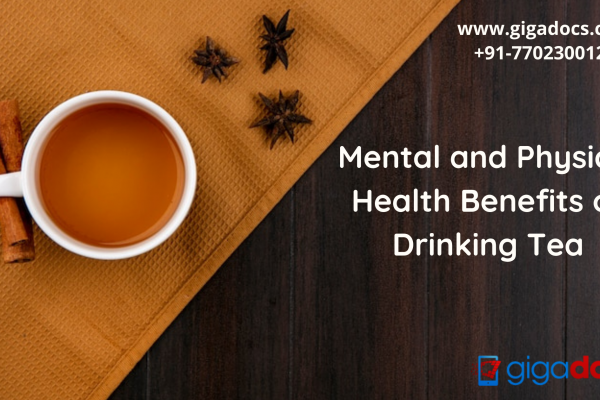Breastmilk is a magic portion giving all the energy an infant needs in the first few months of their life. Breastmilk provides all of a child’s nutritional needs in the crucial starting months of their lives. Breastmilk is an effective means of strengthening a child’s immune system and plays an important role in the infant’s survival. Breastmilk can also go a long way in preventing many common childhood illnesses.
| Do you know? Breastfed children outperform non-breastfed children in intelligence tests, are less likely to be overweight or obese, and are less likely to develop diabetes later in life. For instance, breastfeeding children perform well in aptitude tests, are less likely to be underweight, and have less probability of developing diabetes later in life. Breastfeeding mothers are also less likely to develop breast or ovarian cancer. |
We can’t ignore the significant health and convenience benefits offered by Breastfeeding. As the annual World Breastfeeding Week begins, here is more information about Breastfeeding and its health benefits for both mother and child:
Breastfeeding Awareness Week
Every year, from August 1 to August 7, over 20 countries worldwide observe World Breastfeeding Week, which aims to raise awareness about the advantages of breastfeeding for both babies and mothers.
Benefits for the Baby and the Mother
- Ear infections and stomach bugs are also less common in breastfed babies, and so is sudden infant death syndrome (SIDS)
- Breast milk passes antibodies from the mother to the child.
- Breastfeeding women are less likely to develop certain cancers, type 2 diabetes, or high blood pressure.
- Antibodies like immunoglobulin A produced by the mother’s immune system while breastfeeding protects the lining of the newborn’s immature intestines, preventing pathogens and allergens from entering.
- Breastfeeding lowers the risk of asthma, atopic dermatitis, and eczema.
- Breastfed babies may be less likely to develop ulcerative colitis and Crohn’s disease.
- Breastfeeding may reduce the risk of Diabetes (type 2) and type 1 diabetes.
Breast Milk Aids in Managing the Baby’s Weight.
Breastfeeding reduces a baby’s chances of becoming overweight or obese, possibly due to the growth of gut bacteria, which may influence fat storage. Breastfed babies have more leptin than formula-fed babies. Leptin is a hormone that regulates appetite and fat storage. They are better at eating until they are full, which aids in developing healthy eating habits.
Breastfeeding may aid in Weight Management for New Mothers
You’ve probably heard this one before. While some women appear to gain weight while breastfeeding, others seem to lose weight effortlessly. Breastfeeding does burn more calories, and after three months of lactation, you should see an increase in fat burning compared to non-lactating mothers. The difference, however, is insignificant.
Breastfeeding helps the Uterus Contract
During pregnancy, a new mother would experience an expansion of her uterus from the size of a pear to nearly filling the entire abdomen. Following delivery, their uterus undergoes an involution process that allows it to return to its original size. The hormone oxytocin, which rises during pregnancy, helps in this process. During labor, a new mother’s body secretes large amounts of oxytocin to aid in the baby’s delivery and reduce bleeding. It can also assist in bonding with their new child.
Breastfeeding Mothers and Risk of Depression.
Postpartum depression (PPD) is a type of depression that can occur soon after giving birth. Breastfeeding mothers appear less likely to develop postpartum depression than mothers who wean early or do not breastfeed.
On the other hand, those who experience postpartum depression soon after delivery are more likely to have difficulty breastfeeding and to do so for a shorter period.
Breastfeeding May Delay Menstruation
Breastfeeding also prevents ovulation and Menstruation. Nature’s way of ensuring sometime between pregnancies may be suspending menstrual cycles. This change may prove to be an added benefit. It’s just one less thing to consider while spending quality time with your newborn.
Breastfeeding and Women’s Health
Breastfeeding helps a new mother to manage her weight, and prevent high blood pressure, heart disease, type 2 diabetes, arthritis, and high blood fat. We at Gigadocs wish a Happy Breastfeeding Awareness Week to all the new mothers and let them know the importance of breastfeeding for their babies.
Gigadocs is a call away for all your healthcare needs. New parents can know the next vaccination dates of their child with their date of birth and go ahead to book the immunization schedule for their childs Gigadocs Vaccination Schedule Chart.
Download the Gigadocs app to consult the best Obstetricians, Gynecologists, and Pediatricians for the best care for you and your baby. To consult, download the Gigadocs App from-
- IOS App – apple.co/2W2iG4V
- Android App – bit.ly/33AQoR




